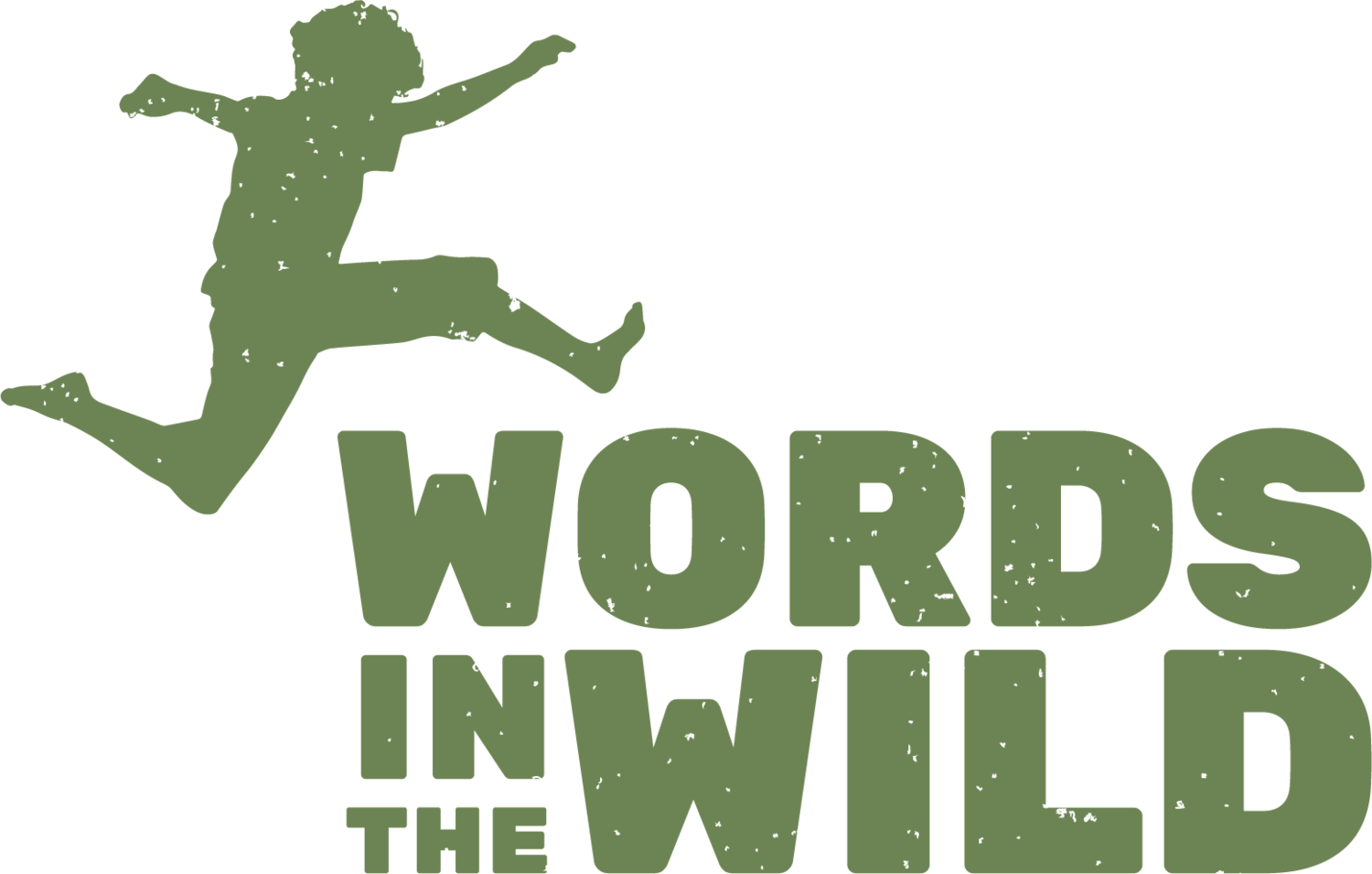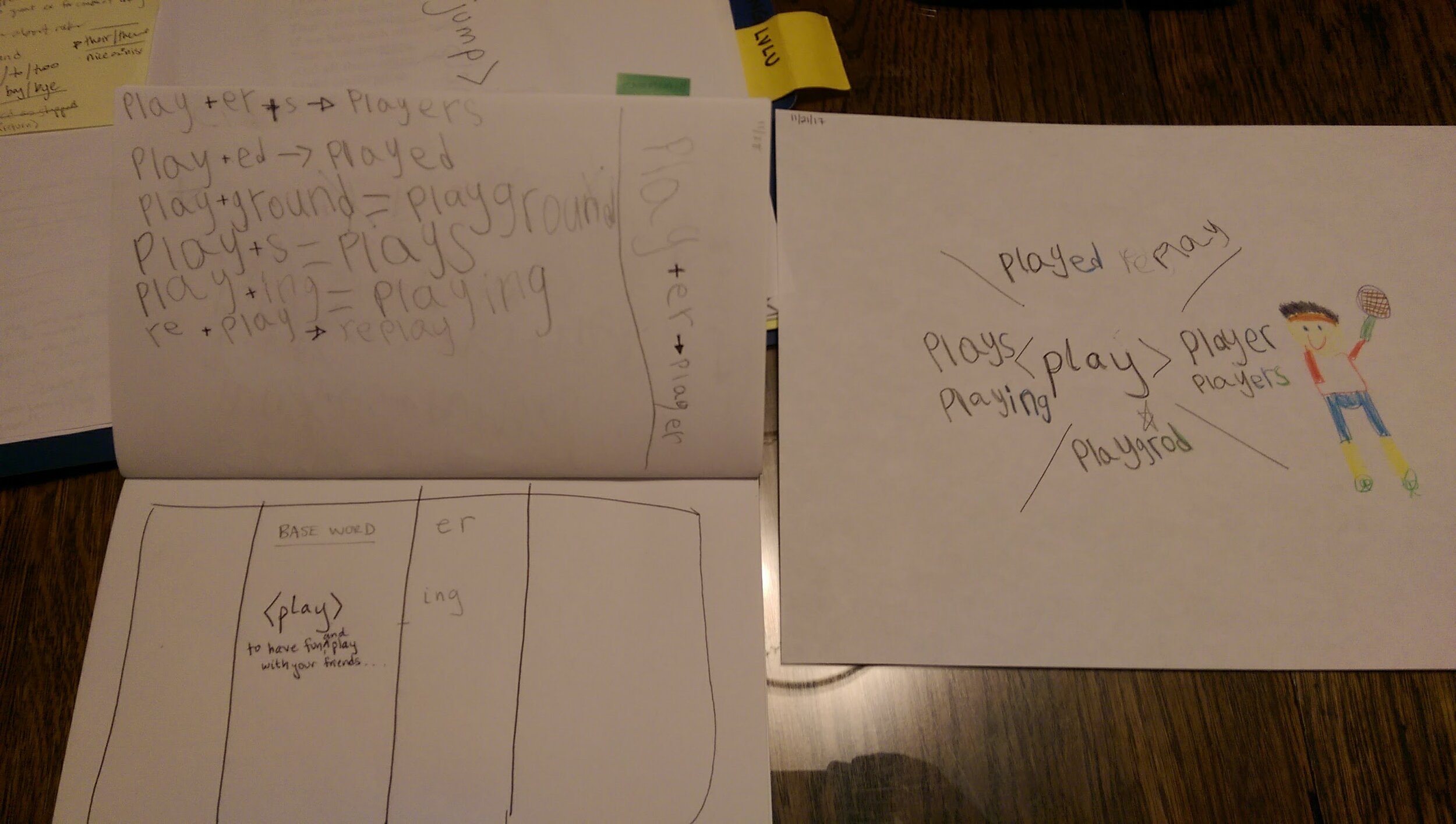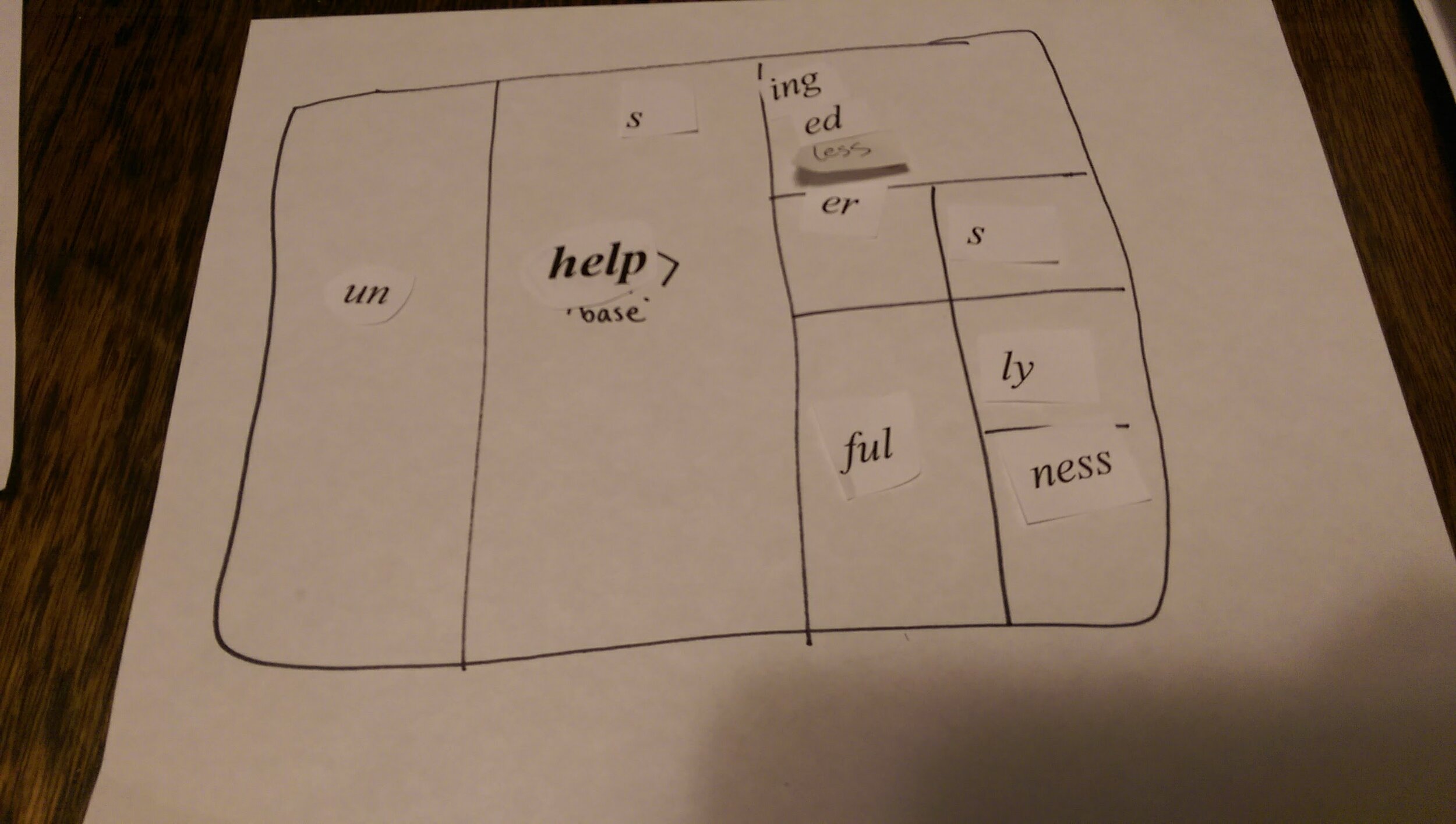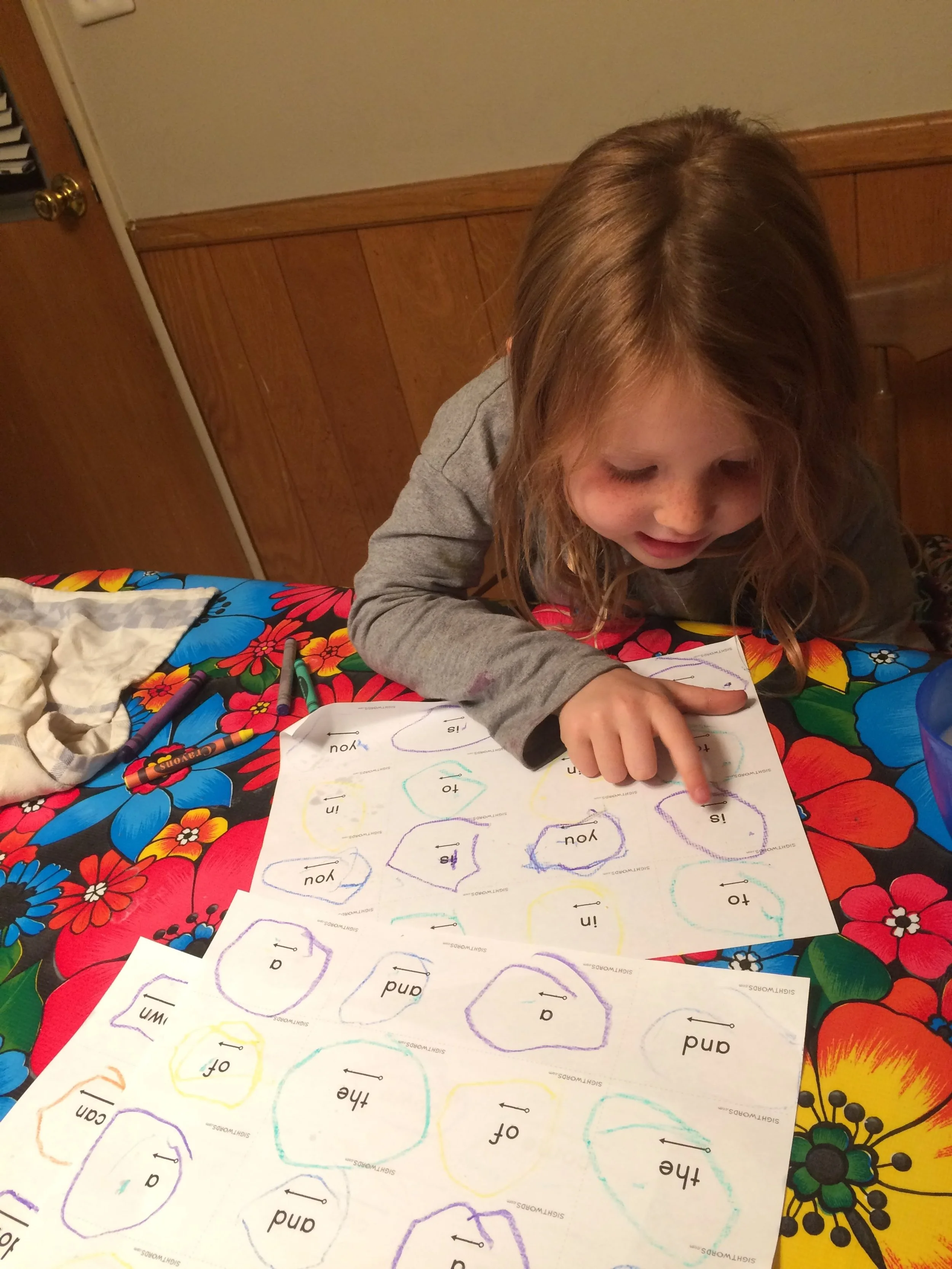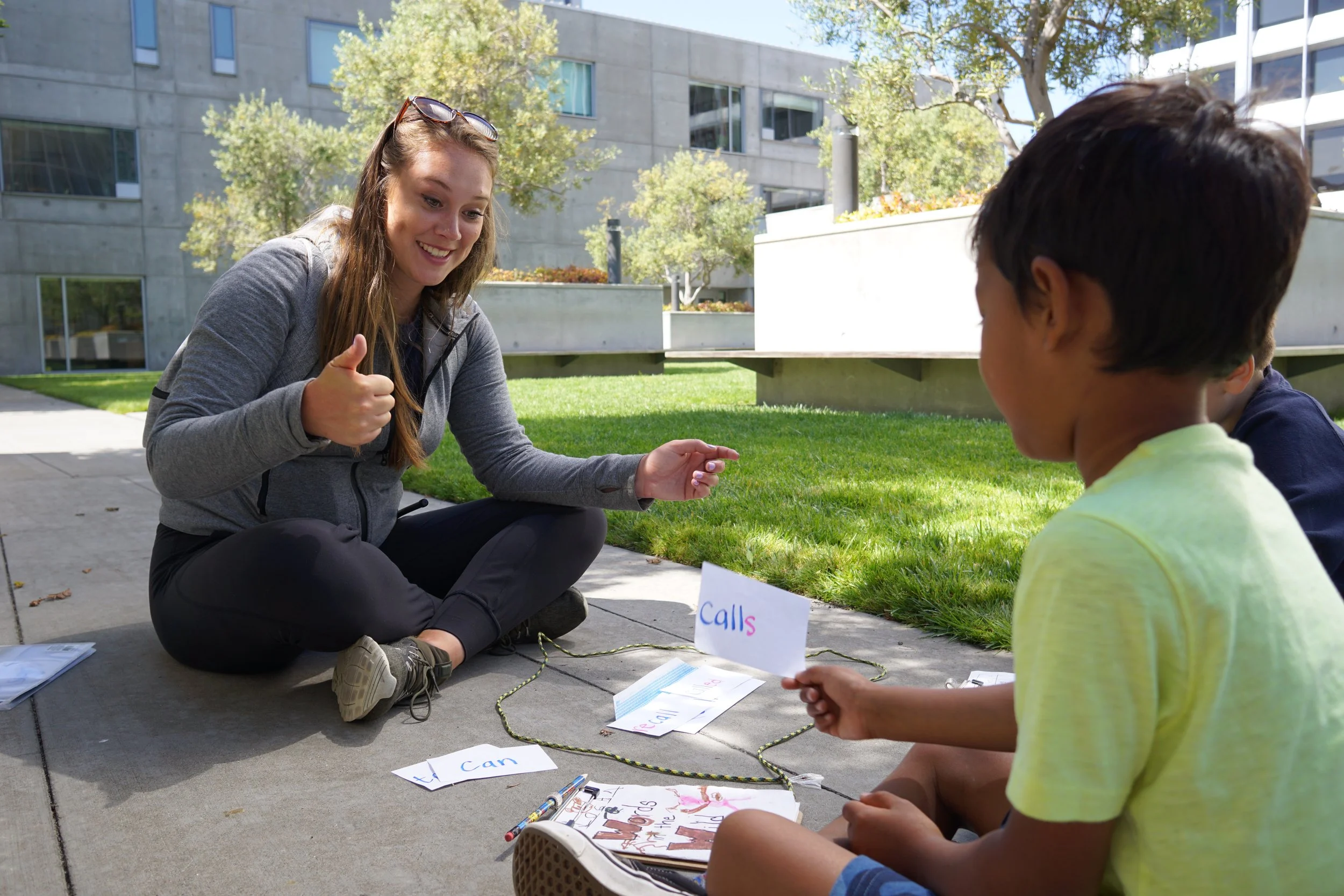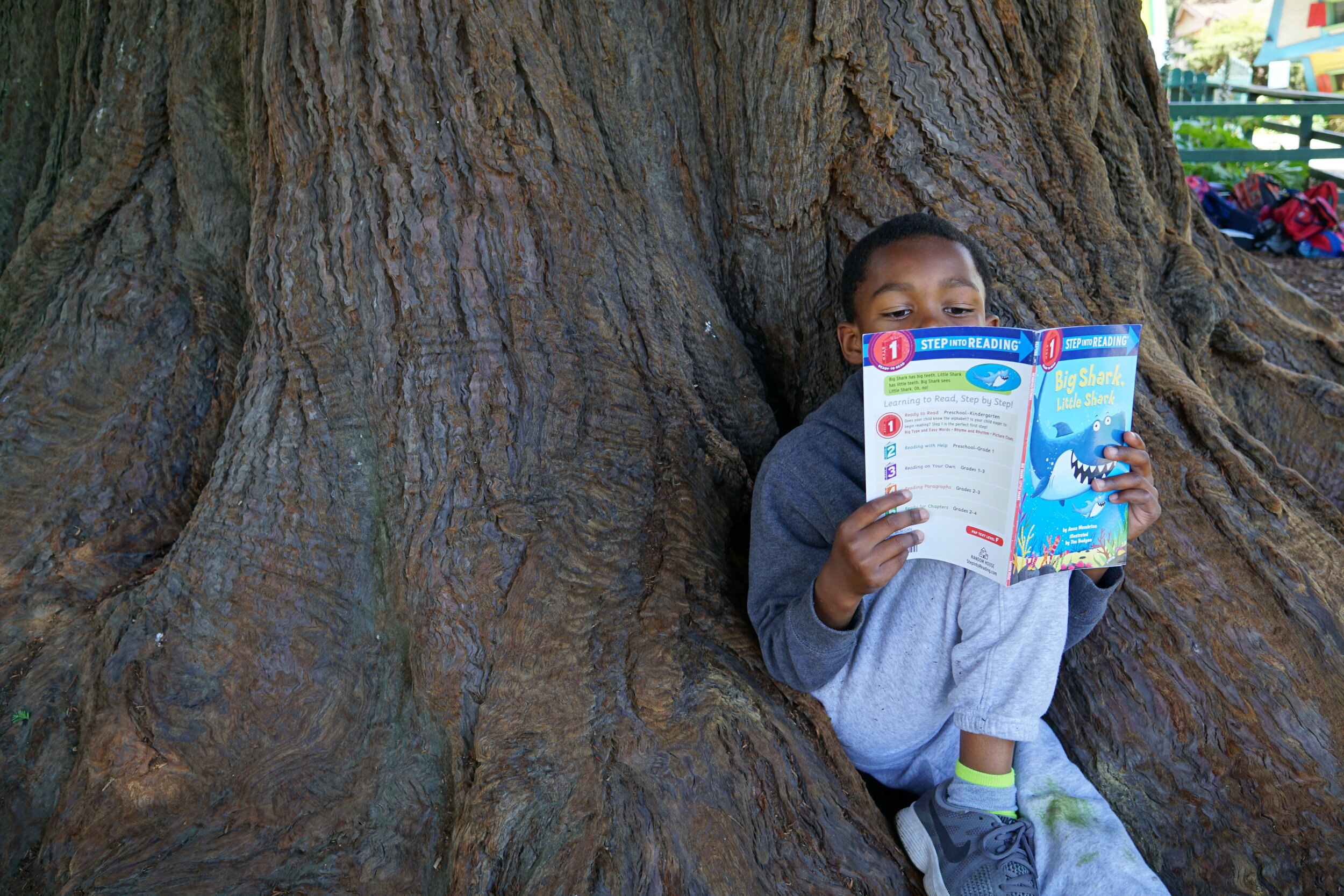
Summer Camp
Oakland, CA
Rising 1st-4th Grade
2026 Registration is Open!
Campers get an academic boost while engaging in fun outdoor adventures!
Curious campers grow their love of reading and writing through garden science, art, games, and more in the gardens at Lake Merritt, the St. Paul’s courtyard, and Fairyland. Our young scientists sharpen their powers of inquiry as they observe, document, and explore both language and nature, with plenty of free time for friendships and play.
Words in the Wild Summer Camp
Learning, fun, curiosity & socialization through meaningful explorations
Campers grow their love of reading and writing through garden science, nature journaling, art, games, and more. Our young scientists sharpen their powers of inquiry as they observe, document, and explore both language and nature.
Hesitant readers and writers thrive in this nurturing environment by using their literacy skills for meaningful activities like reading about the life cycle of worms in order to find information we need to care for our worm bin and then writing a hilarious worm story.
Campers blossom into garden scientists as they explore the natural world in the St. Paul’s Episcopal School courtyard gardens and the diverse habitats of the Gardens at Lake Merritt. This is not just reading camp or writing camp - children will exercise their bodies as well as their brains on the playground and in Lake Merritt's wide-open fields.
Campers are encouraged to attend more than one session. Returning campers build on their experience while exploring new themes including pollinators, life cycles, adaptation, bugs, “plants we eat,” and our own 5 senses.
With curiosity as our guide, we explore both nature and words - in Words in the Wild reading is an adventure!
Drop-Off and Pickup are at St. Paul’s Episcopal School (116 Montecito Avenue, Oakland). 510-285-9600
Note that St. Paul’s offers early drop off and after-camp care AND a variety of other camps (e.g. art, basketball) for older siblings.
Campers will:
Grow their love of reading and writing through nature-y and camp-y activities that embed literacy learning
Improve spelling and reading, expand vocabulary, and deepen reading comprehension through science of reading activities embedded in nature
Investigate words in context, practice phonological and phonemic awareness and explore stories of words through Structured Word Inquiry
Draw, write, count, and study plants and animals through guided nature journaling
Words in the Wild CITs: Saplings
Rising 6th to 9th graders can apply to be part of our Counselor-in-Training program
2026 Dates & Themes
Session 1: June 8-12
Nature Detectives: Exploring the World Around Us
Session 2: June 15-26 (no camp June 19)
Tiny Worlds: Zoom in, Zoom Out
Session 3: July 6-17
Buzz, Flutter, Crawl: Insects, Pollinators & Life Cycles
Session 4: July 20-31
Seed to Snack: Plants We Grow & Eat
Session 5: August 3-7
Creature Features: Animals and Their Amazing Adaptations
Camp runs from Monday - Friday
9:00 AM - 3:00 PM
with options for before & aftercare
For more information about our host school:
St. Paul’s Episcopal School Summer Camp
116 Montecito Avenue in Oakland
yarce@spes.org
All of our young scientists sharpen their powers of inquiry as they observe, document, and explore both language and nature. In interactive groups students investigate the stories that words tell, using linguistic evidence to build their spelling, vocabulary, and reading.
This reading camp merges literacy and outdoor education through playful nature exploration. While learning about nature, children develop critical literacy skills in:
reading and understanding text
enjoying and using text for a purpose
building oral and print vocabulary
making connections between spelling and meaning
writing independently and fluently
We de-emphasize reading for reading’s sake. Instead children apply scientific practices to studying language AND nature, such as:
observing closely
recording data
making predictions
comparing evidence to hypotheses
sharing findings with friends
Children enjoy a well-rounded summer camp experience with:
collaborative games and challenges
art projects like seed mandalas and pop up books
dancing and singing along to our favorite Earth science song
relaxing with friends, telling stories, and sharing meals
exploring the natural world through bug hunts and food tasting parties
The beauty of this program is that literacy is embedded in hands-on garden science and connected to arts, cooking, and other enrichment activities. Children boost essential reading and writing skills, but it just feels like a fun, messy, and memorable summer camp experience!
Field journal example with word sums and the beginning of a matrix for the base <play>, with an illustrated word web on the right.
Example of using morpheme cards to make a matrix for the base <help> (as an alternative to writing out the morphemes)
FAQs
-
Evidence-based: Structured Word Inquiryapproach to language and literacy development
Student Centered: We are committed to creating educational experiences that put the learner’s needs, interests, and culture front and center. Taught by educational therapists and Teaching Fellows with experience connecting with diverse learners.
Strengths-based: We believe every child, family, and educator has unique strengths, resources, and inner wisdom. We value diversity and individual variability.
-
There is ONE registration for ALL grade levels. Depending on enrollment numbers each week, we will organize into small groups (Seeds and Sprouts) for certain activities. Campers also do many activities as a whole group, and usually eat lunch, walk to the park, and play running games all together.
All children practice their new skills in a supportive group of friends and build confidence in reading and writing while exploring many outdoor locations in Oakland, CA.
-
Oakland, CA at St. Paul’s Episcopal School courtyard gardens and the diverse habitats of the Gardens at Lake Merritt
-
Yes, St. Paul’s offers early drop off and after-camp care. They also offer a variety of other camps (e.g. art, basketball) for older siblings.
-
Yes! We offer tutoring and educational therapy year round in East Bay parks, our office, and online. Summer camp families can add these individualized services during camp or after-care at the camp location.
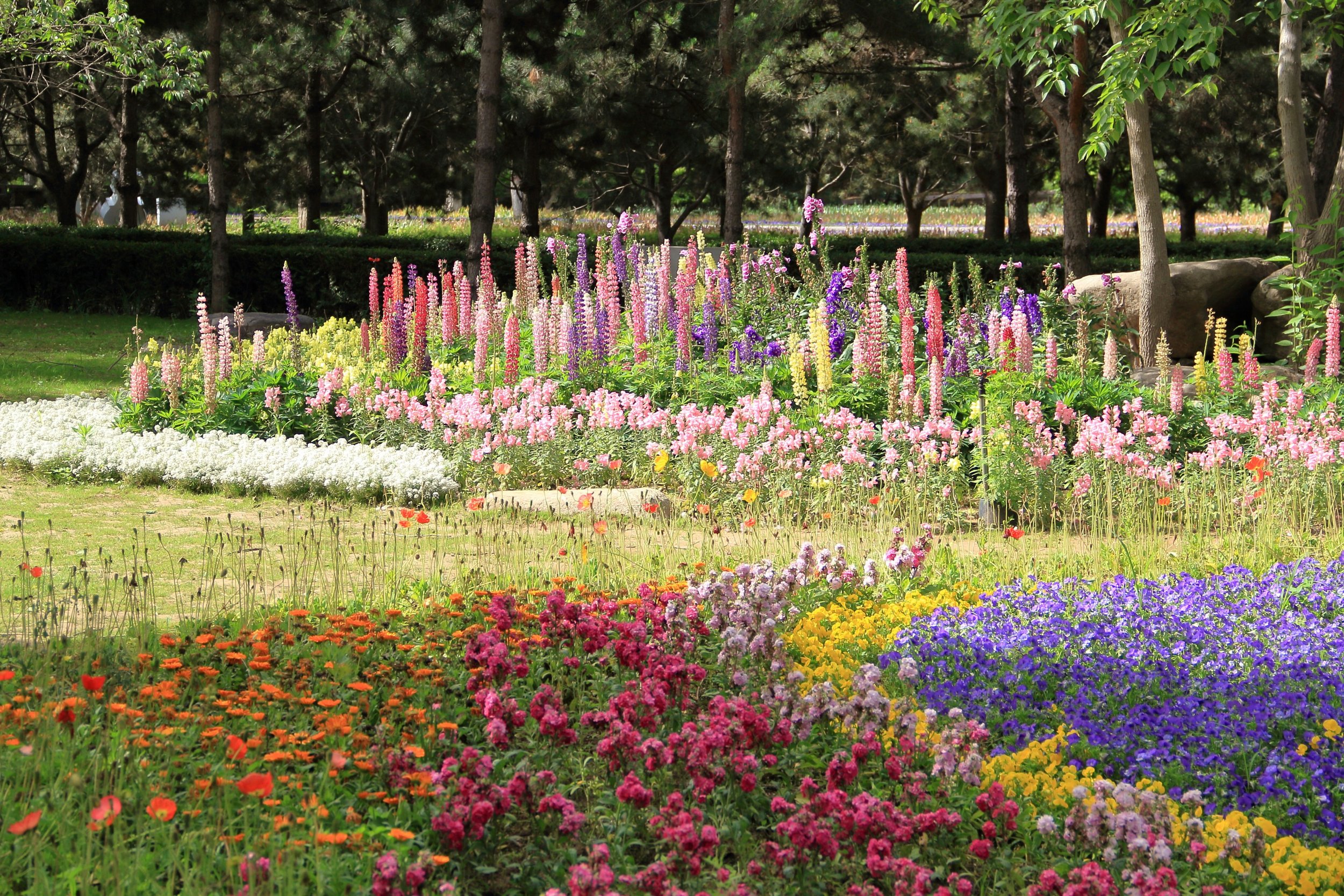
Hesitant readers and writers thrive in this nurturing environment by using their literacy skills for meaningful activities like reading about the life cycle of worms in order to care for our worm bin, documenting changes in the garden, and learning about the natural wonders that surround them.
Emergent (left) and advanced (right) examples of a matrix and accompanying word sums for the base <call>, along with a self-portraits, inspired by Maya Cristina Gonzalez’s book Llamame Árbol/Call Me Tree.





More About Us
Words in the Wild brings the science of reading to the great outdoors for all children, by teaching reading as a scientific practice. This unique program was created by Dr. Alexis Filippini as Readers and Writers in the Garden in 2013. We also provide professional development and family workshops - learn more at www.wordsinthewild.org.
Teachers
Campers are led by teachers with specialized training, including Words in the Wild teaching fellows and lead teachers Alexis Filippini and Ryan Nepomuceno, as well as experienced Words in the Wild educators.
All teachers have passed comprehensive background checks.
Logistical Questions? Content or "Fit" Questions?
If you have any questions, please feel free to contact us:
email: team@wordsinthewild.org | call/text: 510.500.5380
